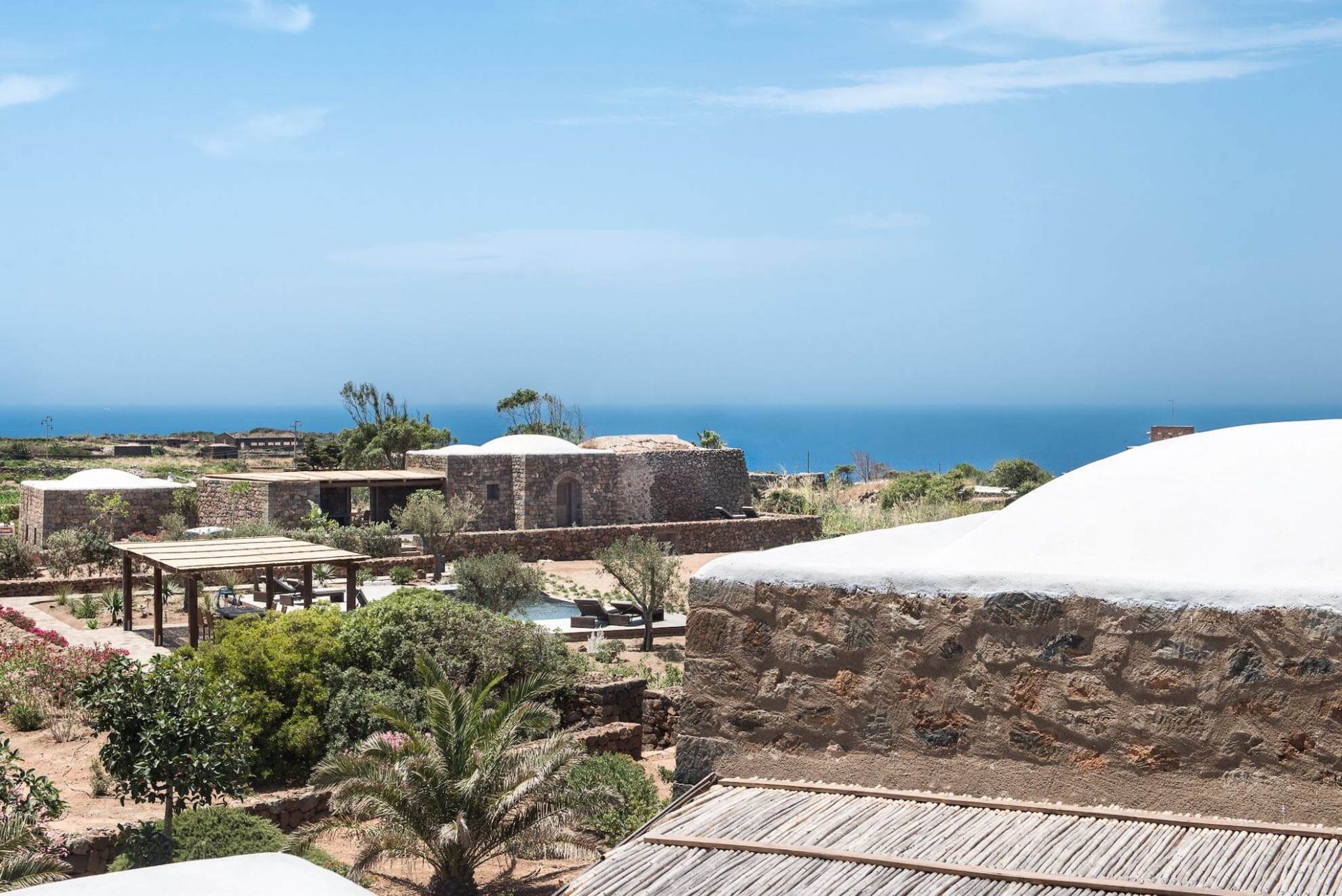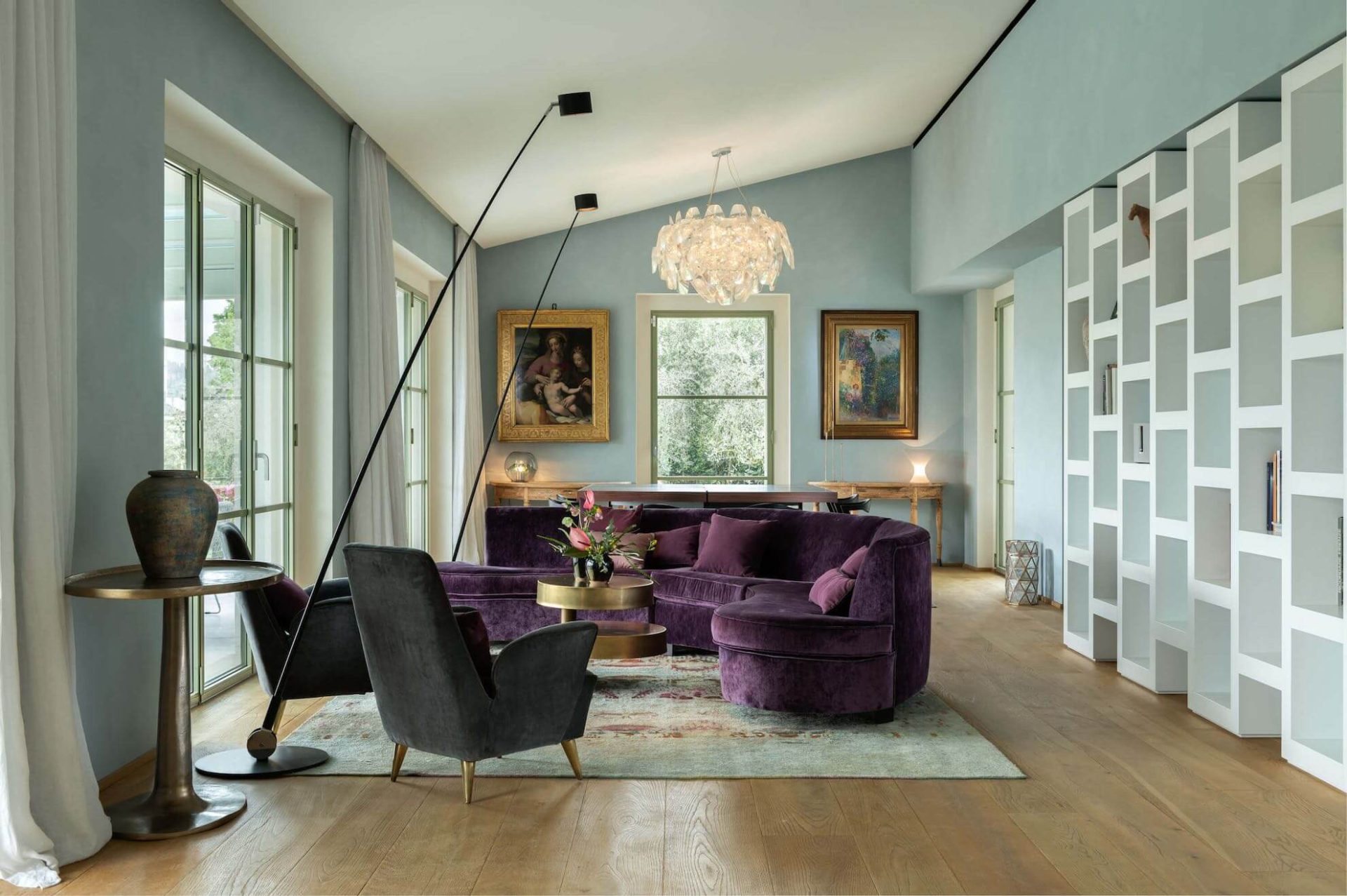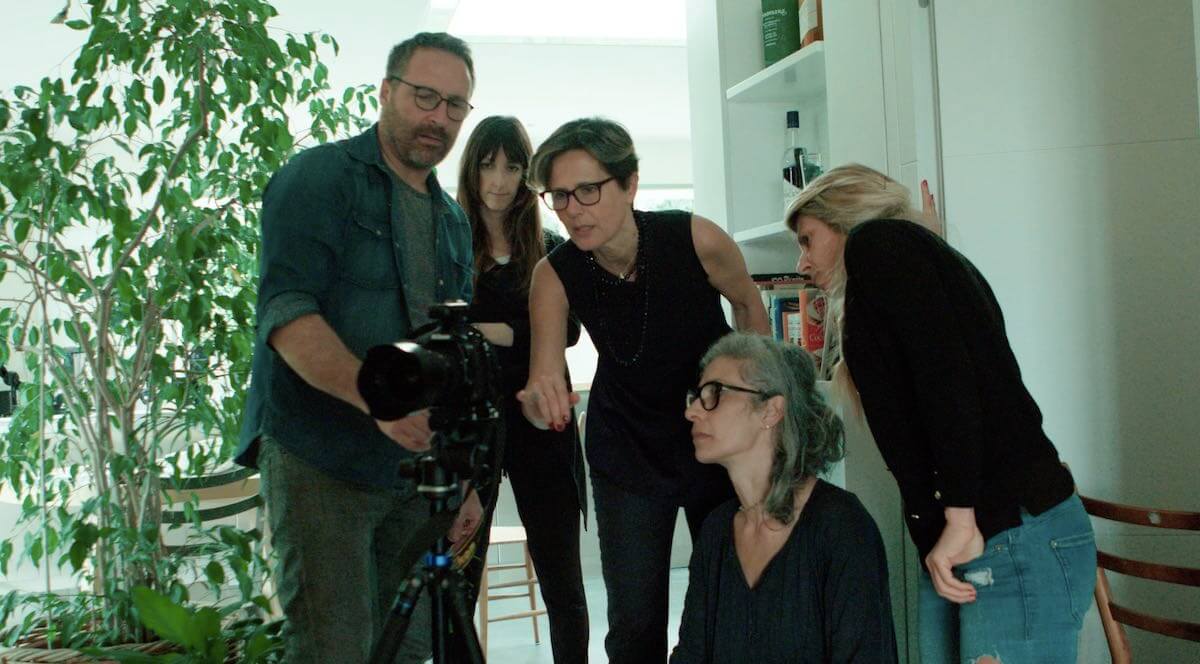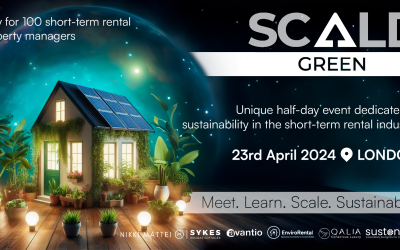For this article, we have invited luxury hospitality consultant, Paola Gheis to share her expertise and experience with property owners who want to learn more about the trending concept of ‘conscious luxury’.
Paola subtly reshapes the fortunes of her clients, weaving strategic marketing and communication techniques into the fabric of the brands she helps set up.
Notable among her projects is The Villa Italy, an exclusive collection of villas spanning Tuscany, Ischia, and Pantelleria. Under her guidance, The Villa Italy has quietly become a hallmark of refined luxury and profitable business.
We are delighted that Paola has shared her insights as to how conscious luxury can be achieved within short-term rentals and become a positive differentiator.
A responsibility to minimize the impact of this industry on our planet
In the realm of luxury hospitality, the dichotomies of guilt or consciousness, waste or recycling, and sustainability or continuous consumption are ever-present considerations. As a consultant specializing in luxury hospitality, including short-term rentals, I am immersed in this discourse daily. Catering to professionals seeking excellence, investors venturing into the market, and owners of stunning villas aspiring to enhance their profitability. My role extends beyond business; it encompasses a responsibility to minimize the impact of this industry on our planet.
Supreme quality, refinement, and cultural significance
My approach to conscious luxury hospitality hinges on aligning work with my values and engaging with clients and providers who share similar values. This conscientious decision-making process extends to a critical question: Can luxury, often associated with opulence, waste, and social stratification, truly be sustainable?
Historically, luxury was intertwined with social stratification and exploitation, epitomized by the construction of the pyramids where opulence was achieved at the expense of slave labor. While such extremes are no longer the norm, luxury still carries associations of opulence and waste. However, conscious luxury hospitality has evolved to encompass supreme quality, refinement, and cultural significance. Recognizing this duality, owners and travellers within the luxury industry must make considered choices about which side of luxury they want to contribute to and consume.

Aligning personal values and ensuring life choices
This decision-making process ideally begins early in life, irrespective of one’s exposure to luxury or professional involvement. Aligning personal values and ensuring life choices reflect them is foundational. Upon entering the luxury industry, selecting employers or clients whose values align is crucial. This alignment fosters harmony in work environments and allows individuals to stay true to their values.
“Research shows that employees want to work for businesses that have a clear sustainability policy. A Deloitte survey of 22,000 Gen Z and Millennials showed that over 40% would change jobs over climate concerns
Marry historical preservation with contemporary living standards
In the context of luxury property rentals, the renovation of older properties before entering the rental market is a common practice. This process involves collaboration with skilled architects who marry historical preservation with contemporary living standards. It includes incorporating efficient cooling and heating systems, sustainable garden design, and the use of local craftsmen to maintain the historical memory of the destination. Renovation becomes an opportunity not only to prepare a property for the market but also to contribute to the local ecosystem by generating work and sustaining the economy.
As a family property manager, my role extends to curating the image and marketing of a multi-property portfolio. Each property within our portfolio undergoes a meticulous construction or renovation process. The appreciation of the territory, its history, arts, and crafts is woven into the value chain, creating an offering for affluent travelers that goes beyond mere accommodation.
The narrative of the territory, the house, and subtly, the host
The interior decoration phase is the second opportunity for conscious choices. Collaborating with local artists and craftsmen to create custom-made items enhances the villa and continues the narrative of the territory, the house, and subtly, the host. This choice not only adds value but also supports local economies, fostering growth.

The narrative of the territory, the house, and subtly, the host
The final step involves the creation of authentic and meaningful experiences for guests. This represents the pinnacle of influence on guest behavior. By designing adventures and discovery journeys, travelers are not only entertained but educated, leaving with a deeper understanding of the culture and destination they have immersed themselves in.
The narrative of the territory, the house, and subtly, the host
In conclusion, sustainability in luxury hospitality is not just an aspiration; it’s a series of deliberate choices made at every stage of the process. From property renovation to interior decoration and curated experiences, each decision shapes a more conscious and responsible tourism industry. Through these choices, we not only contribute to the flourishing of our business but also ensure a positive impact on the environment and the communities we engage with.

Paola Gheis with her team working on the art direction at the final phase of one of her consulting projects.
One of the most important aspects of sustainability is that it is a journey we take together in the spirit of collaboration.There is always more to learn and further to go. QALIA can work with you as a supportive partner, sharing ideas and insights, and providing you with a third-party responsible tourism label to verify your actions and progress.
Photo credit: Iuri Niccolai for Paola Gheis Luxury Rental Consulting
Styling: Silvia Garancini for Paola Gheis Luxury Rental Consulting










